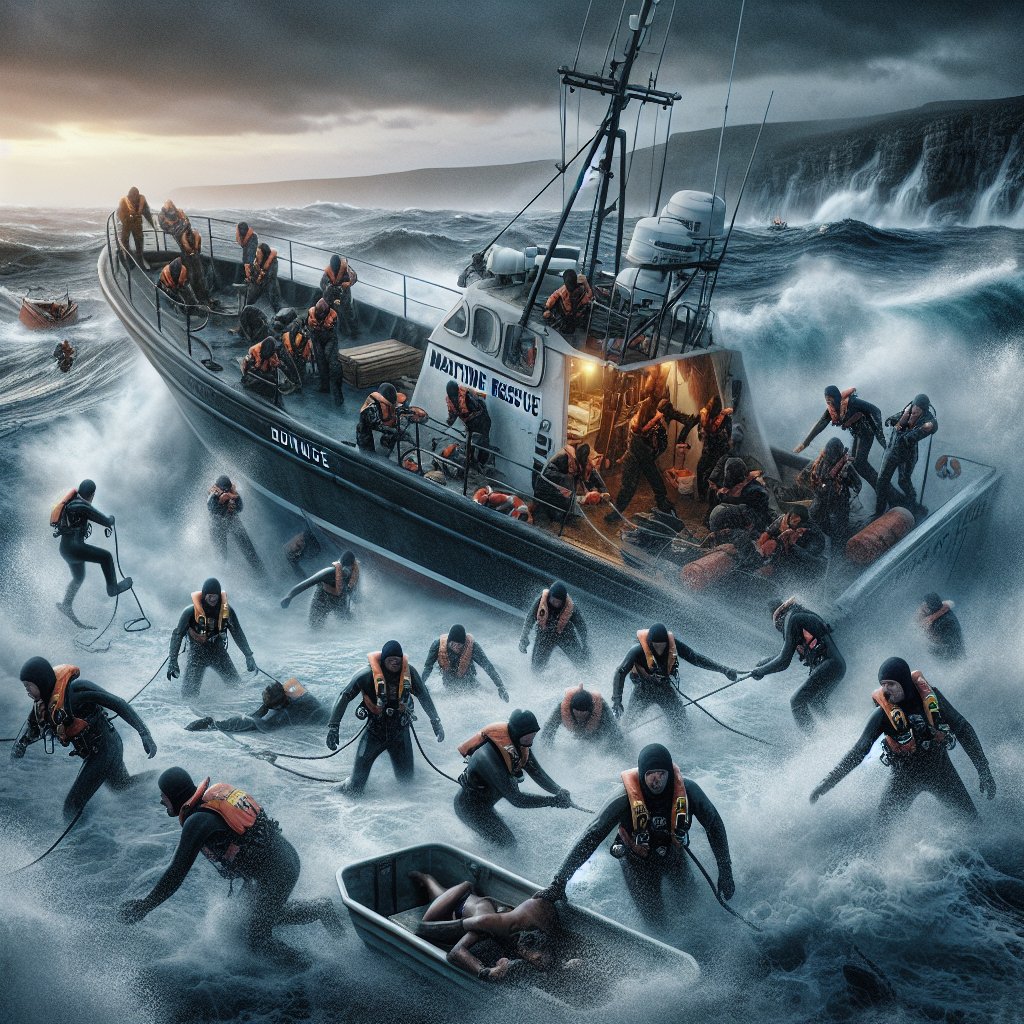Image: AI generated for illustration purposes
Valor at Sea: Two Fishermen Rescued by Heroic NSRI Team near Simon’s Town
Over the past weekend, the courage and quick action of the National Sea Rescue Institute (NSRI) shone through as two fishermen were miraculously saved from perilous waters near Simon's Town, South Africa. A quiet day at sea dramatically turned into a life-threatening situation when their vessel took an unexpected turn, capsizing just a nautical mile from Rockland Murdoch Valley.
The ordeal began unfolding when an attentive resident noticed the grim scene from afar: two figures desperately clinging to the hull of their overturned boat surrounded by debris. Without hesitation, the witness reported the incident, proving that community vigilance is a cornerstone of safety at sea. Their detailed report allowed the coast watchers to quickly triangulate the area of the accident.
The NSRI Simon's Town duty crew immediately jumped into action, augmented by off-duty members who heeded the call for help. It was a race against time as the team prepared for an intricate rescue operation. With the precision of a well-oiled machine, divers donned their gear while the rescue vessel, Donna Nicholas, was deployed with the urgency the situation demanded.
Upon reaching the scene, the original witness’s steadfast observation was crucial. The fishermen's tiny craft was barely afloat, but hope surged when the NSRI team arrived. Their expert rescue swimmers braved the choppy waters, guiding the fatigued fishermen to safety onboard Donna Nicholas.
The immediate concern was for the men's core temperatures, as they were showing symptoms of hypothermia—a dangerous drop in body temperature caused by prolonged exposure to cold, which can be fatal if not swiftly addressed. Here the medics on the NSRI displayed their expert training, employing rewarming procedures, a critical step that likely saved the fishermen from severe medical complications.
With the immediate danger circumvented, it became paramount to secure the safety of others at sea by addressing the semi-submerged vessel that now posed a significant hazard. The team’s strategic thinking led to the placement of a Personal Locator Beacon (PLB) on the sinking wreck. This smart move enabled ongoing monitoring of the boat's position to prevent further incidents. Meanwhile, important communication lines were kept open as Telkom Maritime Radio Services broadcast an all-ship marine radio alert, an integral part of maritime safety protocol.
Once the fishermen were out of harm's way and handed into the capable care of CMR paramedics, the NSRI's task was not complete. The team returned to the water to locate the PLB and the sunken craft, which they did without any hitches, demonstrating efficiency and professionalism.
The mission, completed by 1:30pm, serves as a testament to the effectiveness of the NSRI and the critical role of community alertness in emergency situations. It is a poignant reminder of the dangers faced at sea and the resilience of those who work tirelessly to make these waters as safe as possible.
In light of this rescue, Darren Zimmerman and the NSRI crew were commended for their skillful and measured response to what could have easily been a maritime tragedy. This incident underscores the vital importance of coordinated safety measures and emergency response protocols in safeguarding lives against the fickle moods of the ocean.

